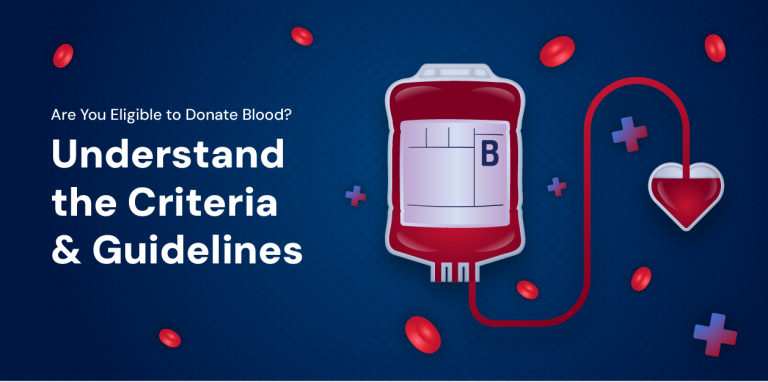How regular check-ups and screenings can save money and improve health outcomes
Preventive care is like a superhero’s cape for our bodies – it helps us stay healthy, catch diseases early, and live our best lives.
In this blog, we’ll take a deep dive into the world of preventive care, exploring everything from annual check-ups to lifestyle choices that can keep us feeling our best. From the latest research to tried-and-true tips, we’ll arm you with the knowledge you need to be your own health champion. Let’s journey together to a future of wellness and vitality.
Preventive care is a type of medical care that is focused on preventing illness or detecting health problems early on before they become more serious. This can include things like regular check-ups, screenings, and immunizations.
Preventive care is important because it can help you maintain good health and avoid costly medical treatments down the line.
Benefits of preventive care
One of the main benefits of preventive care is that it can help you catch health problems early on when they are often easier to treat. For example, if you get a routine mammogram or colonoscopy, your doctor may be able to detect signs of cancer at an early stage, when treatment is likely to be more effective.
Similarly, getting regular check-ups and screenings for things like high blood pressure or diabetes can help you catch these conditions before they become more serious and harder to treat.
Another benefit of preventive care is that it can save you money in the long run. If you catch a health problem early, you may be able to avoid more expensive treatments down the line. For example, if you get a vaccination to prevent a disease, you may be able to avoid getting sick and incurring medical bills. Or, if you get a screening that detects a health problem early on, you may be able to start treatment before the condition becomes more severe, which can save you money on medical bills.
Preventive care is also important for maintaining good overall health. By getting regular check-ups and screenings, you can make sure that your body is functioning properly and that you are taking care of any potential health issues. This can help you feel your best and maintain a good quality of life.
How to incorporate preventive care into your daily life?
In addition to regular check-ups and screenings, there are many other ways to incorporate preventive care into your daily routine. Here are a few tips:
- Eat a healthy diet A diet rich in fruits, vegetables, and whole grains can help you maintain good health and prevent chronic diseases like heart disease, diabetes, and cancer.
- Exercise regularly Regular physical activity can help you maintain a healthy weight, lower your risk of chronic diseases, and improve your overall health.
- Get enough sleep Adequate sleep is important for maintaining good physical and mental health. Aim for 7-9 hours of sleep per night.
- Practice good hygiene Simple things like washing your hands regularly and covering your mouth and nose when you cough or sneeze can help prevent the spread of illness
- Don’t smoke Smoking is a major risk factor for a variety of health problems, including heart disease, lung cancer, and stroke. If you do smoke, consider quitting to improve your overall health
- Get vaccinated Vaccinations can help prevent a variety of serious and potentially life-threatening illnesses, including flu, measles, and pneumonia.
- Manage stress Chronic stress can have negative effects on your mental and physical health. Consider finding ways to manage stress, such as through exercise, meditation, or therapy.
Overall, preventive care is an important aspect of maintaining good health and avoiding costly medical treatments. It is important to take advantage of the preventive care services covered by your health insurance plan, as they can help you catch health problems early on, save money, and maintain good overall health. If you have any questions about preventive care or your health insurance coverage, be sure to talk to your healthcare provider or insurance company.





